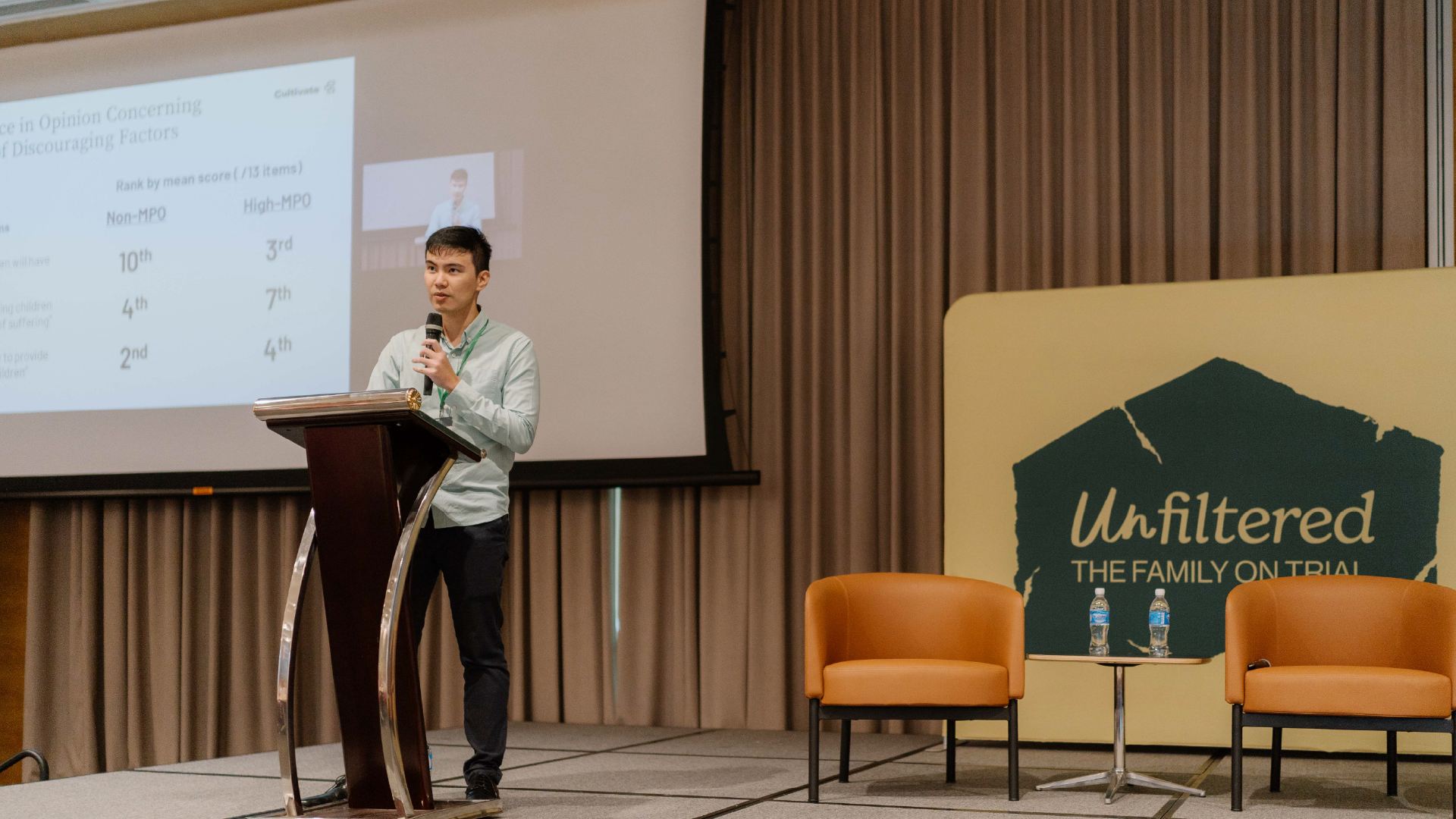Budget 2024 is just ahead. It will allocate government money to priorities for the next financial year, and reflects the government’s future plans for the country.
We all know that Singapore is a global economic hub. Cultivate SG offered feedback during the consultations on the Budget, with the hope that our country can be transformed into one of the best places to raise families in the world.
Here are five highlights from our suggestions:
1. Workplaces better made for families
Work is a huge part of our lives. Although there are many multi-national corporations (MNCs) here, most Singaporeans work in Small-Medium Enterprises (SMEs), which employ 71% of our local workforce.
More help is needed for SMEs. They face unique challenges that MNCs do not. For example, for a company which hires 10 people, the absence of even one employee could be a significant challenge. And it can get harder if the employee goes away for a month or more.
With these challenges, SMEs might not be keen to adopt family-friendly policies like the increase in Government-Paid Paternity Leave (GPPL) from 2 weeks to 4 weeks. Worse, those who do take leave might face the (not-so-subtle) disapproval of fellow employees.
By paying closer attention to SMEs and understanding their circumstances, the majority of Singapore’s workforce can benefit better from the family-friendly policies such as the newly implemented extension of GPPL (from 2 weeks to 4 weeks).
2. More equitable housing
Families are connected together intergenerationally by social and blood ties. Families are also the basic building block of society, often being the first port of call when a member is in need. This makes family members inter-dependent, with the stronger members having a duty to care for the weaker, more vulnerable ones (e.g. children or elderly).
Our ageing population means there is a greater need for care for the elderly. We also have low birth rates, which means that there needs to be better help for families who wish to have more children.
More people in the house means more space is needed. How can we tweak housing policies to facilitate such care? We need to provide more living space so larger, even extended family units, can be formed.
One solution is to build more large flats, especially five-room Build-To-Order (BTO) flats. Also, it would help to give priority for larger flats to those who will be living with more dependents (e.g. children or elderly).
3. More support for raising children
Observe families with more than one child. A child falling sick is a real fear for parents. It is not just because a child is unwell and requires attention. They often dread a “domino-infection” where the sickness spreads to the other children, quickly exhausting any childcare leave and household budget due to medical expenses.
The Government has been handing out the Baby Bonus benefits to encourage married couples to have children, and parents of young children are entitled to childcare leave. What more can be done?
For example, having tiered benefits like the current baby bonus would help (and incentivise) couples to have more children: Bigger benefits for the second child, a step up for the third child, and so on. This would be helpful for the earliest phase of parenthood.
Next, the Government could consider giving other kinds of tiered support according to the number of children a family has. This could mean increasing the number of childcare leave days and subsidies for each additional child.
In short, the more children you have, the more support you get. This would create more equitable support for raising children.
4. Grandchild childcare leave
Grandparents could prove to be valuable contributors and a solution to the child-bearing and childcare woes of young couples in Singapore. However, with retirement age set at 63 years old in Singapore, it is common for young seniors (age 50-early 60s) to find themselves torn between grandparenting and working.
According to a research study of 439 mothers and their children by the Singapore Children’s Society, grandmothers were typically the main caregivers when the children were 18 months old. At 4 months of age, mothers were usually the main caregivers, followed by grandmothers.
What if we extend childcare leave to working grandparents? This could reduce the burden of not only dual-income couples but also the pressure their employers might feel having to manage their absence due to childcare.
5. Needs-based Certificate of Entitlement (COE)
While the vehicles themselves may not be particularly expensive in Singapore, car ownership is costly due to COE.

In 2013, cast members of Fast and Furious 6 were shocked by how much they underestimated the car prices in Singapore (price of car ownership), and that’s before COE prices remained high or increased further.


Travelling around with young children is an important but painful task for parents.
What if we prioritised COEs based on needs? What if priorities were given to large families, and to caregivers of the elderly, disabled or other dependents? What if larger family cars could be made more affordable for those with more than 2 young children?
We would support such a needs-based COE system.
Cultivate looks forward to the Budget 2024 announcement on 16 February 2024 with anticipation. We hope that more steps can be taken to create a Singapore made for families.


